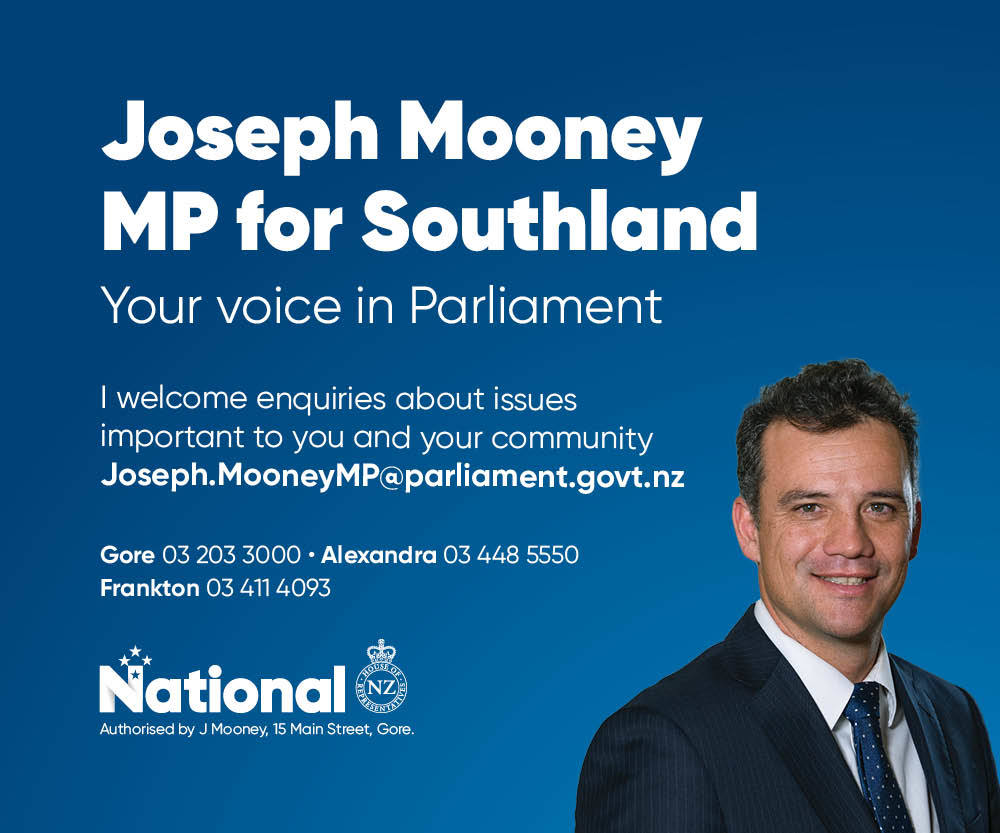Confusion caused ship's grounding
Paul Taylor
14 October 2021, 1:54 AM
 The Alam Seri
The Alam SeriSouth Port has sharpened its habour pilot training procedures after a ship momentarily ran aground in Bluff Harbour in 2018.
The bulk carrier Alam Seri contacted the seabed after going off course in strong wind while entering the harbour on 28 November that year.
There was minor damage to the ship's hull, damage to two tug boats, but no personal injuries.
A Transport Accident Investigation Commission report, released today, made several recommendations to the Port and industry as a whole.
Advertisement: Joseph Mooney MP
The report found the ship’s bridge team (crew and habour pilot acting together) did not have a shared understanding of the vessel's manoeuvring capabilities in the weather conditions that day.
Effectively, they didn't collectively appreciate how a slower engine speed, combined with wind hitting the large accommodation block at the rear of the ship, would affect the steering.
An absence of electronic charting and information aids on the Alam Seri likely reduced the bridge team’s situational awareness, particularly as in this instance the pilot did not use a portable pilot unit.
It also found the two anchors failed to deploy in time, however it could not be established why, or whether that would have stopped the ship hitting the seabed.
Advertisement: Thomas Green
The Alam Seri was finally brought under control using astern engine power and the assistance of the two tugs, but not before momentarily making contact with the seabed near the Inner Davey beacon.
The Commission recommended South Port develop measures to make certain pilot training and proficiency requirements are being met as per the South Port Pilot and Tugmaster Training Manual.
The recommendation was supported by Maritime New Zealand.
South Port accepted the recommendation. It reviewed its training systems in February and all requirements are now recorded and managed in the company’s training management system 'The Vault'. It has automated reminders of training times, internal annual reviews and a four-yearly external assessment.
Advertisement: RD Petroleum
The company has appointed a Liaison Pilot to manage pilots’ training and ensure the company complies with the training requirements.
And, last year, it commissioned an external review of pilotage practices in Bluff. This was completed by Marine Logistics Australia (MLA).
MLA recommended the development of a Pilotage Operation Safety Management System (POSMS) that forms part of the company’s overall Port Safety Management System.
"Good progress is being made with the development of the POSMS, with continuing oversight from MLA," South Port's response to TAIC reads. "All aspects of pilotage in Bluff, including training and proficiency have been included."


